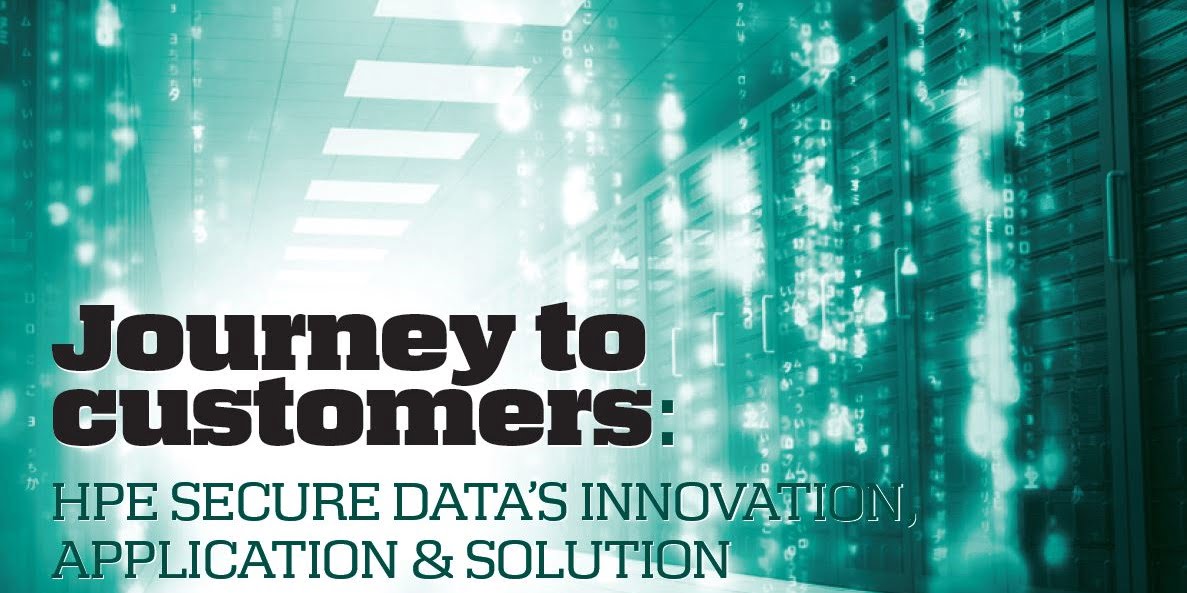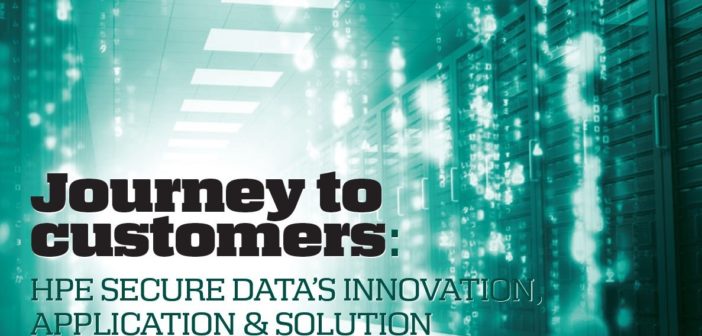
Insights interview with Tammy Schuring, Vice President of Sales, Hewlett Packard Enterprise
When discussing the focus for data security at Hewlett Packard Enterprise (‘HPE’), it becomes apparent that the worldwide news and headlines of cyber-attacks over recent years, remains a prime motivator for treating the risk of a data breach. Based in Silicon Valley, Tammy Schuring, Vice President of Sales for HPE Security – Data Security, came into the role in 2015, having dedicated over a decade to growing a loyal customer base. Tammy continues to evangelise a fundamental security approach, protect ‘the data’.
Tammy was in Australia meeting with customers to provide her own insights into the capability of monetising data—be it personally identifiable information, healthcare, financial or similar sensitive information. Tammy asserts, “unfortunately, companies the world-over are faced everyday with the daunting realisation that it’s not a matter of ‘if ’ they are breached, it’s a matter, ‘are’ they being breached now, have they ‘already’ been breached or are they ‘about’ to be breached. It’s a change in mindset. Whether it’s an insider threat, or a cybercrime organisation that’s patiently looking for a way to get in or that is already syphoning off data. It’s stepping out and saying at the outset: it’s not a matter of whether we can keep them out, we need to start seeing through the lens of its already happening.”
INOCULATING SENSITIVE DATA
HPE is attacking the data protection problem right at the heart of a much-needed solution. Tammy explains, What we do at Data Security inside HPE is inoculate sensitive data, so when it’s in the wrong hands, it cannot be used against the customer, be it a company or person. The ability to take sensitive data that the cyber criminals can use, to create money, be it a fraudulent tax return, or credit information, and protect it yet have the data retain its format and its logic inside the company, is huge. This way, if the protected data gets stolen, it cannot be monetised. It cannot be used somewhere else – it’s not actually the real data.”
Typically, when encryption or tokenisation is applied, it transforms the data into an unusable, very long string—be it a 256-bit or 128-bit string; and applications cannot function with de-identified data. HPE SecureData has enhanced the cryptology in such a way that when the data is de-identified, what comes out the other side retains that expected format. It retains the logic, as a random set of numbers or letters would otherwise not present. For example, HPE’s Secure Data will pass Checksum, in the case of PAN (primary account number) data…Click HERE to read full article.





